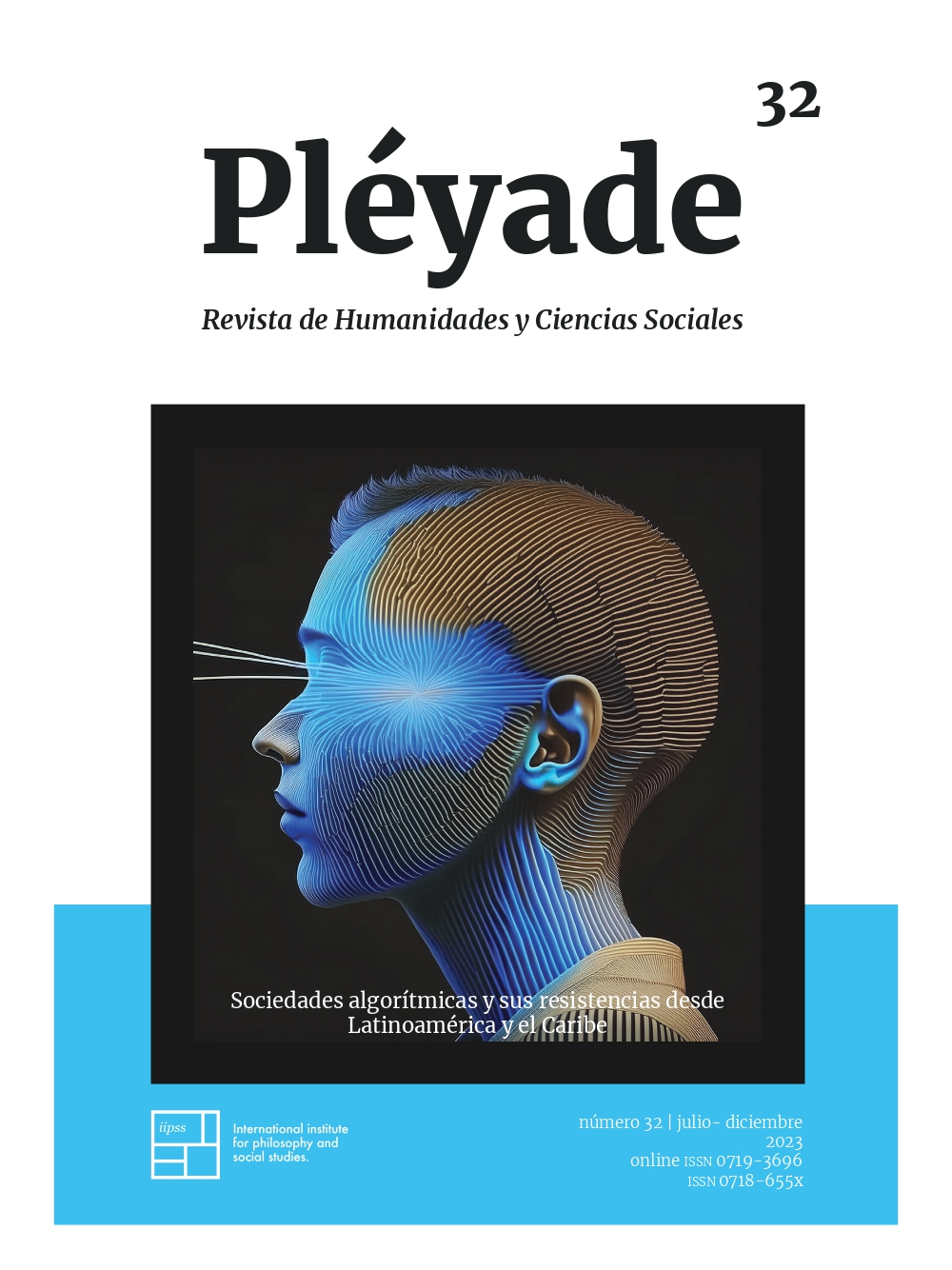
Published 2024-07-29
Keywords
- geopolitics (of knowledge),
- South–South dialogue,
- technology and cultural diversity
How to Cite

This work is licensed under a Creative Commons Attribution-NonCommercial 4.0 International License.
Abstract
Today, Google, Amazon, Facebook, Apple and Microsoft (GAFAM) not only represent the world’s biggest fnancial empire; by exploiting the open architecture of the Web, they took control of the technologies guiding private consumption and dictating times and methods of the production and access to digital knowledge. GAFAM plays a central role in the present geopolitical scenario,
spearheading the hegemony of the Anglosphere which threatens to make invisible or annihilate cultural and epistemic diversity. Its dominion is based on an ecosystem of devices, applications and media that, on the one hand, allow to create communities gathered around algorithmsdriven experiencesa and, on the other, penetrate each space of people’s private life – the real added value of these network giants. In this scenario, would it be possible to build a counternarrative of the “digital revolution” designed by a monocultural private empire? Actually, from the Global South’s margins there is a number of initiatives and projects focused on the
reappropriation of digital technology with the aim to protect and preserve local territories, languages and traditions. Biocultural multipolarity seems therefore the only possible answer to GAFAM’s global pedagogy. Southern margins need to articulate this response in two urgent steps: developing a critical digital literacy and revaluing the margins as a source of innovation and social change.